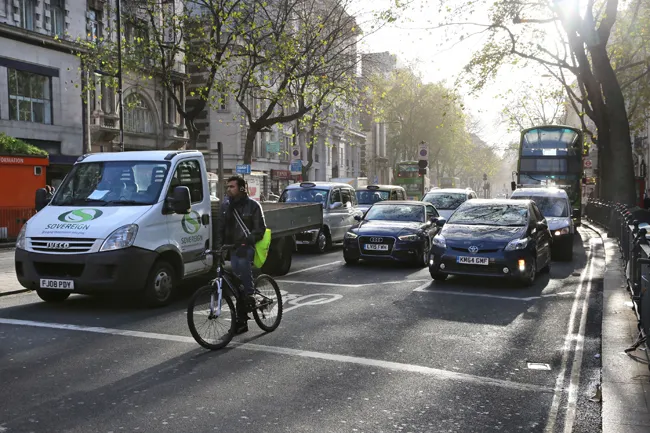The sale of electric cars in the Netherlands nearly doubled from 579 cars in August 2012 to 1,120 cars in August 2013, according to the Dutch vehicle registration authority VWE.
September 18, 2013
Read time: 1 min
The sale of electric cars in the Netherlands nearly doubled from 579 cars in August 2012 to 1,120 cars in August 2013, according to the Dutch vehicle registration authority VWE.
The overall increase is said to be due to rising sales of range extender vehicles and plug-in hybrid vehicles, largely thanks to fiscal regulations that enable companies to claim back up to 75% of the purchasing costs. However, these vehicles are often not as sustainable as expected, because drivers often choose to drive on petrol instead of on electricity, while the weight of the electric generator makes the car use more fuel.
The lower sales of cars fuelled solely by electricity are said by VWE to be due to concerns over the maximum distance the cars can travel.
The overall increase is said to be due to rising sales of range extender vehicles and plug-in hybrid vehicles, largely thanks to fiscal regulations that enable companies to claim back up to 75% of the purchasing costs. However, these vehicles are often not as sustainable as expected, because drivers often choose to drive on petrol instead of on electricity, while the weight of the electric generator makes the car use more fuel.
The lower sales of cars fuelled solely by electricity are said by VWE to be due to concerns over the maximum distance the cars can travel.








